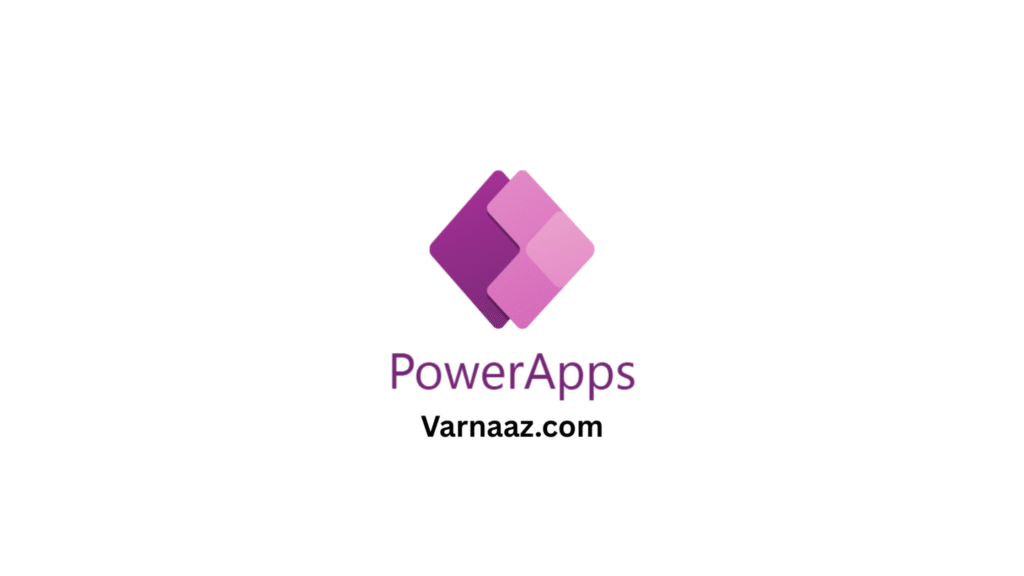Power Apps: The Low-Code App Development in 2025
Power Apps: The Low-Code App Development in 2025
The business world is evolving rapidly, and companies need flexible solutions to meet new challenges. Microsoft Power Apps stands out as a revolutionary low-code development platform designed to empower individuals and organizations to build custom business applications quickly. With Power Apps, anyone from seasoned IT professionals to non-technical employees can turn ideas into functional apps without traditional coding skills.
Whether it’s automating tedious manual processes or creating entirely new business solutions, Power Apps opens doors to endless possibilities, making it a key tool in digital transformation strategies worldwide.
Why Power Apps is Transforming Enterprise IT
Democratizing App Development
In the past, application development was a domain reserved strictly for skilled software engineers. However, Power Apps has democratized this space by providing a drag-and-drop interface, ready-made templates, and easy integrations. Employees from finance, HR, marketing, and other non-technical departments can now build apps to solve their own operational challenges without depending on IT teams.
This shift empowers organizations to be more agile and responsive to business needs, reducing bottlenecks and accelerating innovation.
Enabling Business Agility and Speed
Power Apps enables rapid prototyping and faster deployment cycles. Businesses can test ideas, gather feedback, and improve solutions continuously, all within a much shorter timeframe. This flexibility is crucial in today’s competitive environment, where market dynamics change quickly and organizations must adapt or risk falling behind.

Key Features of Power Apps
Drag-and-Drop Interface for Rapid App Creation
The most attractive feature of Power Apps is its intuitive drag-and-drop interface. You don’t need to write complex lines of code to create user interfaces or workflows. With simple visual elements, you can assemble forms, buttons, data fields, and logic in minutes.
Pre-Built Templates and Connectors
Power Apps offers numerous pre-built templates to help you start quickly. Whether you’re building a leave request app, an inventory tracker, or a customer feedback form, these templates save time and provide a solid foundation. Additionally, Power Apps includes over 500 data connectors for seamless integration with other platforms such as SharePoint, Dynamics 365, Salesforce, and more.
Integration with the Microsoft Ecosystem
Being part of the Microsoft Power Platform, Power Apps integrates deeply with other Microsoft services like Teams, Excel, Azure, and Power Automate. This integration simplifies workflows and enhances collaboration across departments.
Cross-Platform Compatibility
Apps built with Power Apps work seamlessly across web browsers, smartphones, and tablets. This ensures that teams can access and use critical business applications anytime, anywhere, without compatibility issues.
Business Benefits of Adopting Power Apps
Reduced Development Costs
Traditional app development can be expensive and time-consuming. With Power Apps, organizations can significantly reduce these costs by empowering existing employees to build apps without hiring external developers or investing heavily in large IT teams.
Enhanced Employee Productivity
Power Apps automates repetitive tasks and streamlines processes, freeing up employees to focus on high-value work. Whether it’s automating approval workflows or digitizing manual forms, the result is higher efficiency and less administrative burden.
Improved Customer Experience
Custom apps enable organizations to respond faster to customer needs, personalize interactions, and provide smoother service delivery. This leads to improved customer satisfaction and stronger brand loyalty.

In-Demand Job Roles and Salaries with Power Apps
Power Apps Developer
Power Apps Developers are responsible for designing and building customized business applications to automate tasks and solve specific challenges. They typically earn between ₹8 LPA and ₹20 LPA, depending on experience and project complexity.
Citizen Developer
A unique aspect of Power Apps is the rise of “citizen developers” employees from non-IT backgrounds who create apps as part of their regular work. These professionals can advance into hybrid roles, increasing their career growth opportunities and earning potential.
Integration with the Microsoft Ecosystem
Being part of the Microsoft Power Platform, Power Apps integrates deeply with other Microsoft services like Teams, Excel, Azure, and Power Automate. This integration simplifies workflows and enhances collaboration across departments.
IT Business Analyst
Business analysts who master Power Apps can bridge the gap between business requirements and technical solutions, designing apps that perfectly align with organizational needs. Salaries for these roles often start at ₹10 LPA and can exceed ₹18 LPA with experience.
Learning Path for Power Apps
Microsoft offers certifications like PL-100: Microsoft Power Platform App Maker Associate, which validates your ability to build apps, automate workflows, and analyze data using Power Apps. This certification greatly enhances your credibility and opens doors to better job opportunities.
Hands-On Projects to Build Expertise
Practical experience is critical to mastering Power Apps. Here are some project ideas:
- Build an expense approval app for your team.
- Create an employee onboarding app to automate HR processes.
- Develop a service ticketing system to improve customer support.
These projects help you understand real-world use cases and prepare you for professional challenges.
Book Your Power Apps Course with Varnaaz Technologies
Ready to master Power Apps and boost your career?
👉 Enroll now at Varnaaz Technologies and start your learning journey today!
Common Misconceptions and Challenges with Power Apps
Security and Compliance Myths
A frequent misconception is that apps built using Power Apps lack strong security measures. In reality, Power Apps comes with enterprise-grade security, compliance certifications, and advanced data protection features, making it suitable even for highly regulated industries.
Performance and Scalability Concerns
Early low-code platforms struggled with performance and scalability. However, Power Apps is designed to handle enterprise-level workloads, supporting thousands of users and integrating with large-scale data systems seamlessly.

